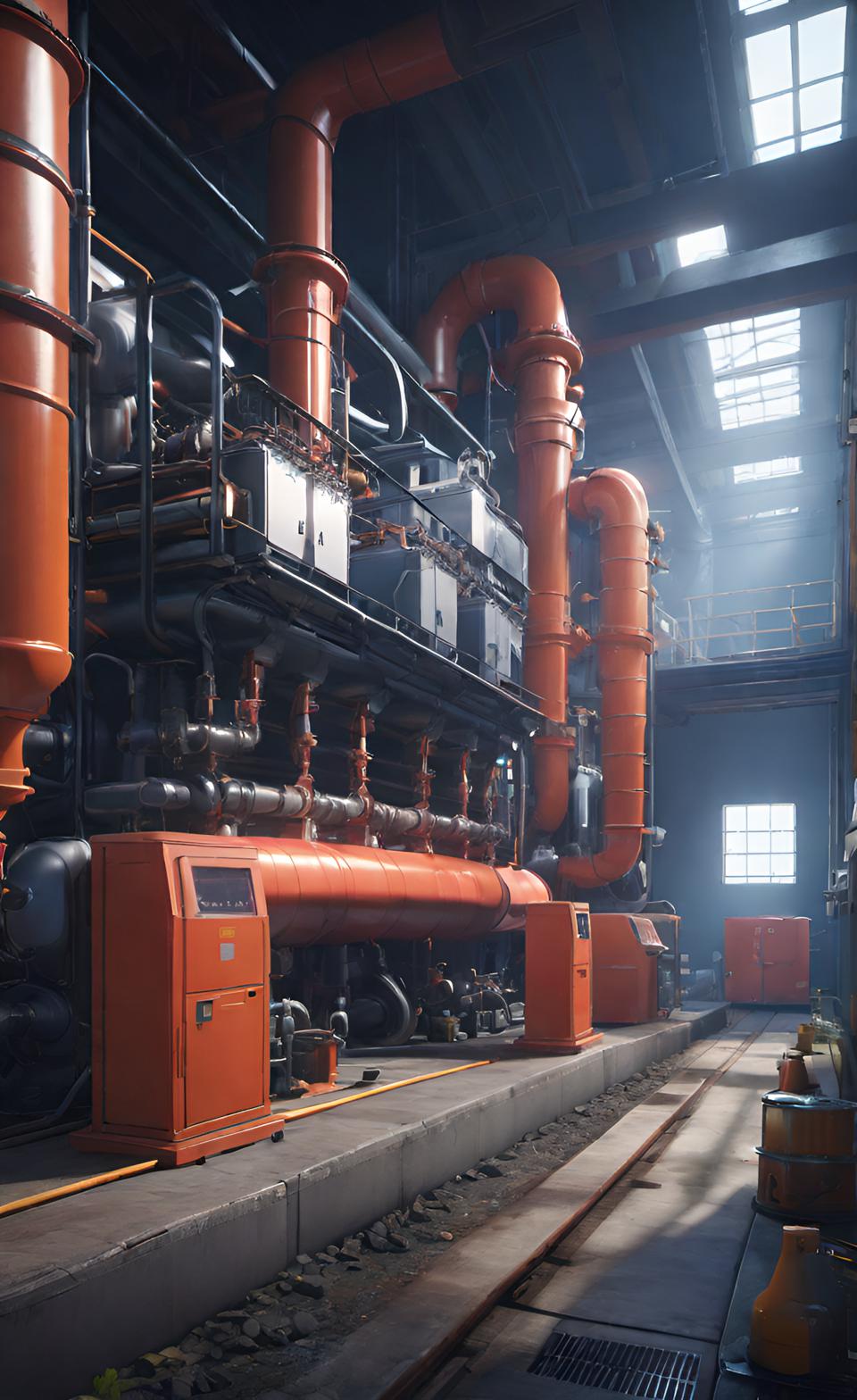Can we go flying today?
by David
(Nova Scotia, Canada)
I am a private pilot who flies basically for the fun of it and belong to a flying club located in Debert, Nova Scotia. Of course I use NavCanada's flight planning an weather briefing services but our small little airport doesn't have a reporting station so things life Metars/TAF and even GFA's aren't entirely reliable.
While NavCanada and Environment Canada are good sources of information, there is a bit of insterpolating and reading between the lines that needs to happen. For instance taking the forecasts and observed conditions from a triangulated area of three surrounding air ports helps give clues as to precipitation, ceiling and changing wind conditions as the day goes on.
Truthfully, I am quite pleased with the aviation and weather services we have here in Canada and as the quote goes...
"For once you have tasted flight you will walk the earth with your eyes turned skywards, for there you have been and there you will long to return"
- Leonardo DaVinci
Barry's Response Ahhh, DaVinci. World's greatest aviator.
David, you acknowledge that the service is about as good as one might expect in a remote location, even though you say there's room for improvement. I think that's a good thing.
If you don't know how to read METAR codes, this page gives you an item-by-item explanation.
As for the quote: A great scientist would probably appreciate the sentiment expressed in the quote, acknowledging the profound impact of flight on our perception of the world, inspiring a sense of wonder and curiosity that compelled us to keep flying and exploring the universe.
Search this site for more information now.
Do you think it is a good idea to interpolate weather data between reporting locations?
In certain situations, interpolating weather data between locations can be helpful because it fills in the gaps and gives a more complete picture of the weather. It's important to exercise caution and consider the limitations of interpolation. Topography, microclimates, and weather patterns can vary significantly over short distances, making interpolation less accurate. Interpolation can give you a general idea of weather conditions, but it's better to use data from specific reporting locations for more accurate and reliable information.
Using interpolation, you can estimate values between known data points. A continuous and coherent representation of the data within a given range is created by using existing data to make educated guesses or approximations at intermediate positions.
Interpolation sometimes relies on regression and inference. By using regression analysis, you can estimate values at unobserved points based on relationships between variables. Using inference techniques, you can assess the uncertainty associated with the interpolated values, giving you valuable insight into their reliability and accuracy.
Business and science both use regression and inference techniques. They're good for market analysis, demand forecasting, and financial modeling. Science uses them for data analysis, hypothesis testing, and predicting outcomes. In various fields, these techniques provide valuable insights and help make decisions.
Join in and write your own page! It's easy to do. How? Simply click here to return to Cold, eh?.
Do you have concerns about air pollution in your area??
Perhaps modelling air pollution will provide the answers to your question.
That is what I do on a full-time basis. Find out if it is necessary for your project.
Have your Say...
on the StuffintheAir facebook page
Other topics listed in these guides:
The Stuff in the Air Site Map
And,
Thank you to my research and writing assistants, ChatGPT and WordTune, as well as Wombo and others for the images.
GPT-4, OpenAI's large-scale language generation model (and others provided by Google and Meta), helped generate this text. As soon as draft language is generated, the author reviews, edits, and revises it to their own liking and is responsible for the content.




